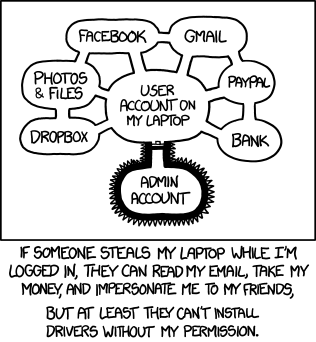Originally posted by bash2bash
View Post
You used the word privacy, but didn't provide any examples to highlight why user access to dmesg would be bad for privacy.



Comment